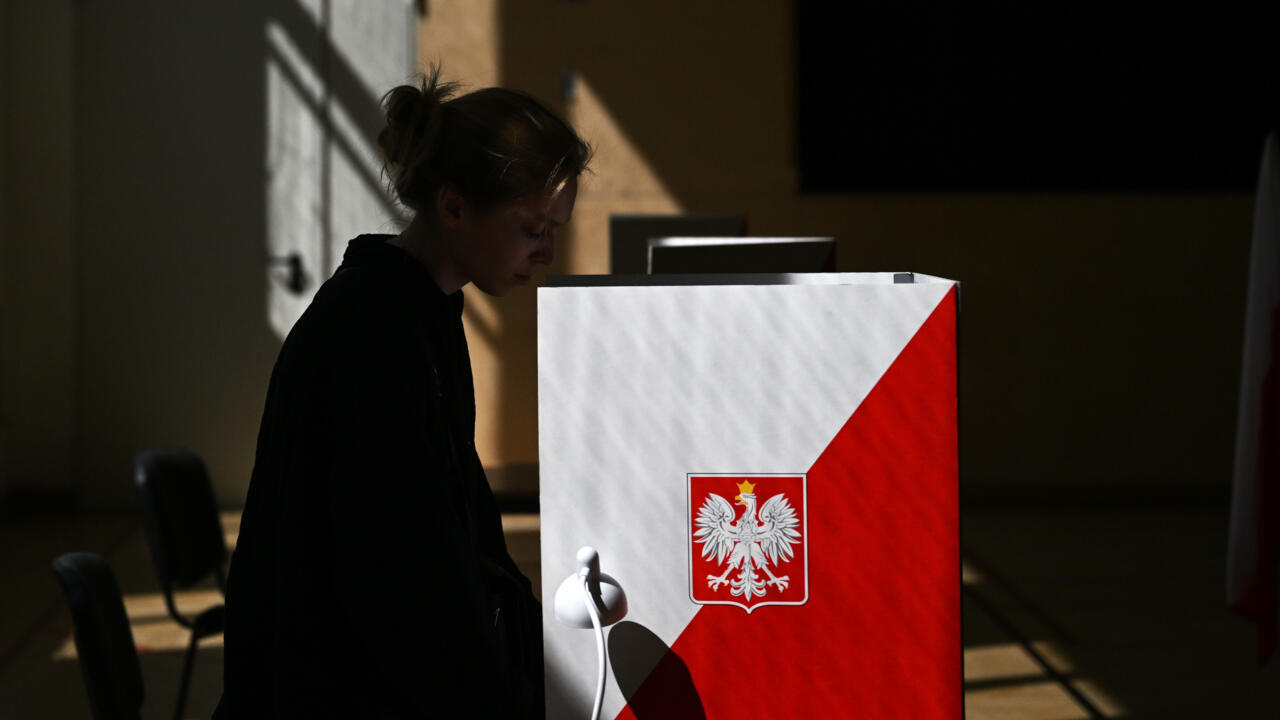“In five years I’ll be 50. I’ve been involved in LGBTQ human rights activism for 20 years,” he recounted.
“So for a quarter of a century, basically nothing has changed for me in terms of legal progress… it takes away hope, it takes away the energy to act.”
In Poland, same-sex couples cannot marry or register their partnerships and, due to the lack of legal recognition, face multiple hurdles.
These range from the obligation to pay inheritance tax in case a partner dies to obstacles to visiting each other at the hospital.
Szypula, who in 2024 suffered a massive stroke and is still in recovery, witnessed the problem first-hand.
His partner was only allowed to his bedside after a formal permission was granted by Szypula’s mother.
“But that’s not what adult life is about, when you’re in your forties and your mum decides whether your partner can visit you or not,” he said.
‘No other way’
Przemyslaw Walas, a Campaign Against Homophobia activist, said he stayed up late into the night, nervously monitoring the election results trickling in — but said Nawrocki’s win did not take him by surprise.
“We know that LGBTQ community issues are not priority issues at all, in every election,” he said.
Nawrocki said in a debate in May that “a marriage is obviously a relationship between a man and a woman” and added he could not “imagine a marriage between people of the same sex”.
In April, he said that “the LGBT community cannot count on me to address their issues”.
Walas voiced fear of the far-right being empowered by the election results and of reliving “the dark times” of rampant anti-LGBTQ hate speech all over again.
“It’s quite terrifying but also I think it could be a signal, a spark, to mobilise again,” Walas said.
